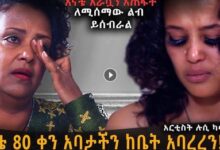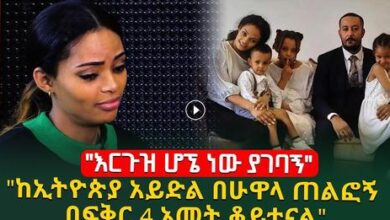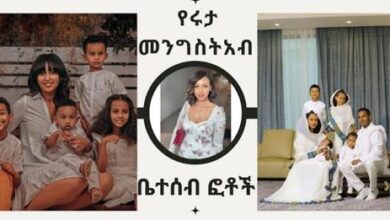We have reconciled
During the Muslim attack of 1527-43, Ethiopian artistic movement stopped and numerous original copies were disposed of; Islamization was far reaching, and, even after the repugnance of the intruders, the nation never completely recuperated. A Muslim shipper who had been changed over completely to Christianity and, as Enbaqom (Habakkuk), became earlier of the religious community of Debre Libanos, composed Anqasʾa amin (“Door of Confidence”) to legitimize his transformation and to convince faithless people to retract. Other comparable works were delivered, and a few were composed to guard the miaphysite part of the Christian confidence. In the mean time the appearance of Roman Catholic evangelists comprised a further risk to the Ethiopian Standard church.
The mid fifteenth century saw the interpretation of a few whole-world destroying books, which propelled two unique creations. Fekkare Iyasus (“Explanation of Jesus”) was composed during the rule of Tewodros I (1411-14); “Secret of Paradise and Earth” was composed to some degree later and is significant for an enthusiastic record of the battle between the lead celestial host Michael and Satan. This book should not be mistaken for one more unique work of a similar period, the “Book of Secret” by Giorgis of Sagla, a nullification of sins.











